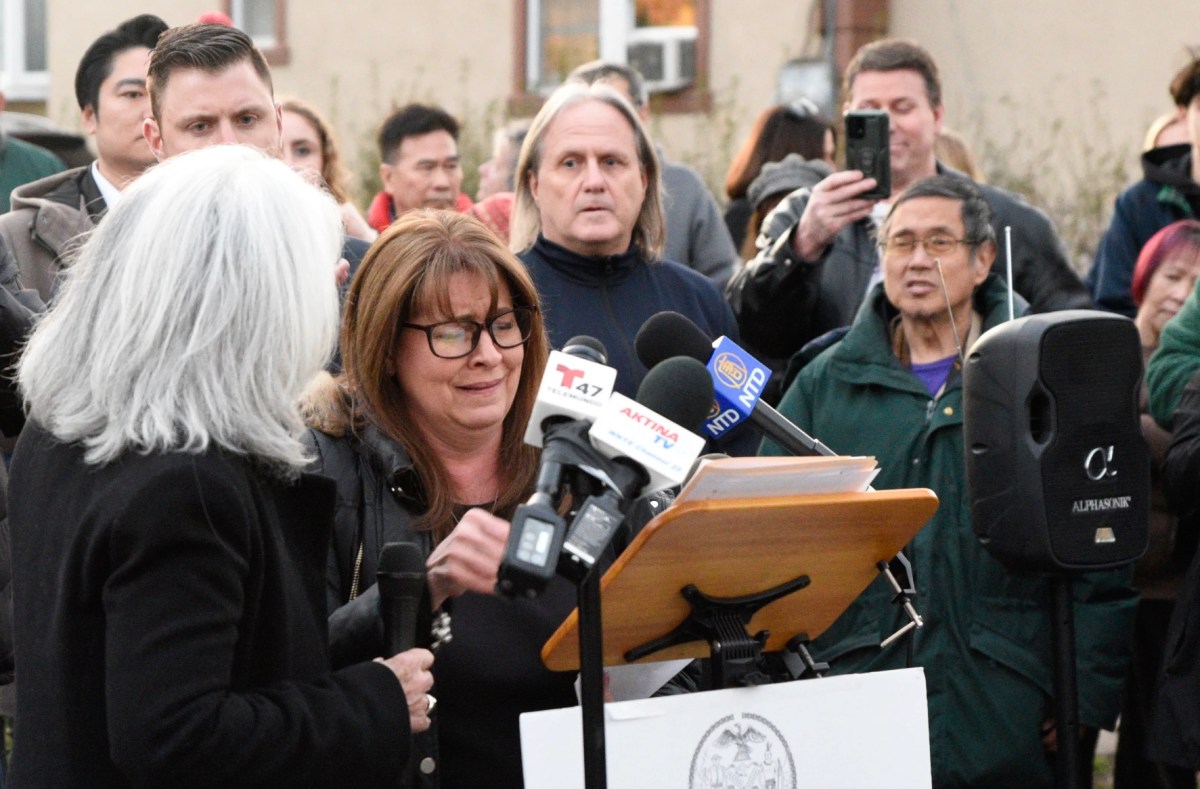Sometimes, important lessons can come from far away. A recent incident in South Africa, which involves the generosity of celebrity icon Oprah Winfrey, a high-profile education facility and a case of child abuse, has strong messages we can learn here, for our Canadian schools.
In January 2007, Oprah, acclaimed talk-show host and philanthropist, opened the $40-million Oprah Winfrey Leadership Academy for Girls in Henley-on-Klip, South Africa — a school for disadvantaged girls, fulfilling a promise she had made to Nelson Mandela six years prior.
Last month, 15 of these young girls came forward to the CEO of the school with a list of grievances, including the suspected sexual abuse of one of their classmates by a dorm matron. Virginia Mokgobo, a 27-year-old, was arrested by the Family Violence, Child Protection and Sexual Offences Unit on several charges of abuse, including indecent acts.
But who was the first to be raked across the coals? Oprah herself — by tabloid journalists given to celebrity-bashing, negating the good work, vision, and higher purpose Winfrey had in creating this school.
Dr. Phil, a respected psychologist and close friend of Oprah’s, said on Larry King Live the school met the “gold standard” for hiring — including both criminal and civil background checks on all potential employees. Winfrey recently stated, “knowing what I know now, the screening process was inadequate” and, although she wasn’t directly responsible for the initial hiring, she takes full responsibility.
However, and this is key, pedophiles can be very deceptive and one may have slipped through.
Winfrey has stated she will not be renewing the headmistress’ contract, will improve the screening process for hiring, and will add extensive checks, using the best practices to date, to ensure the people she hires will be the best ones for the job.
What I found so incredible about this story is Oprah’s way of turning a horrible scenario into a learning process and a positive experience. She flew to South Africa almost weekly to set things straight because, although not to blame, she feels a strong responsibility to these girls and wants to help them develop to their highest potential as individuals.
Although the initial 15 only spoke out on one girl’s behalf, Winfrey knows from her experience with child predators they “never, ever” only abuse one child. So she went to the school to determine how many of the girls had actually been affected and to what extent. She gathered them together, dismissed the other dorm matrons, and encouraged the girls to speak out — to her, the police, and her private investigative team, in a safe environment.
Five other girls bravely stepped up.
There are two important lessons in all this: To teach our children to speak out — to have the courage to use their voices — no matter what the personal consequence; and to listen to and believe our children when they do.
Lisi Tesher is a freelance writer and photographer living in Toronto with her husband and two children. She cares passionately about social injustices, children’s health and education, and diversity.
















